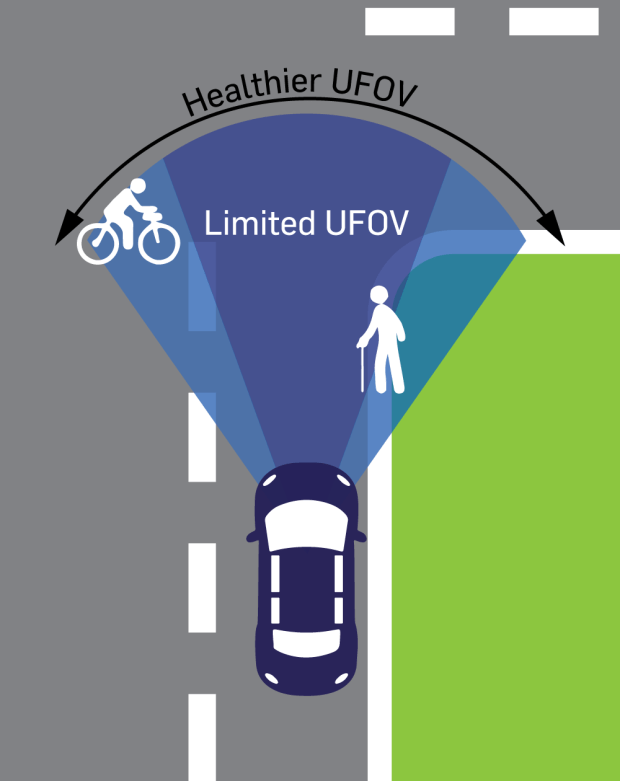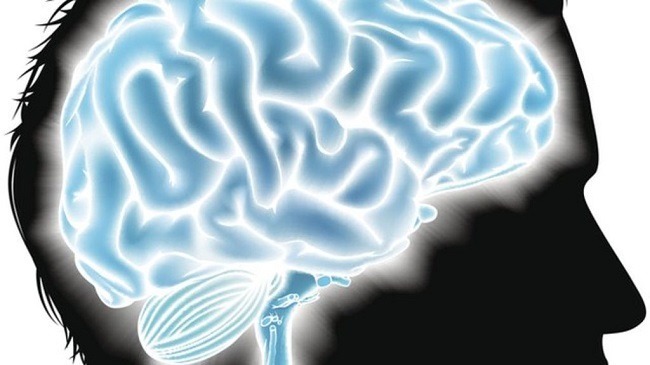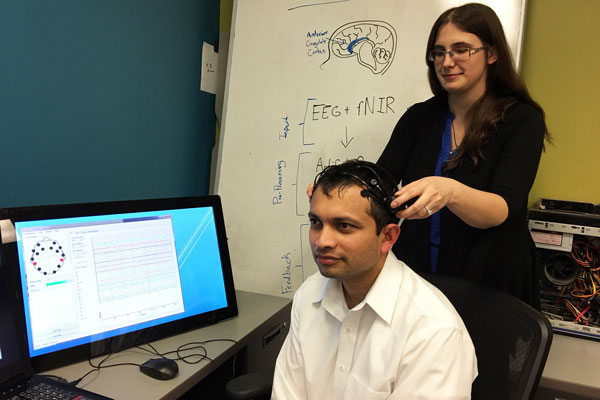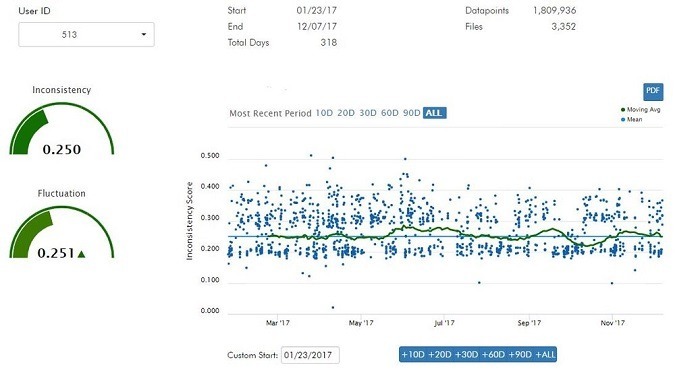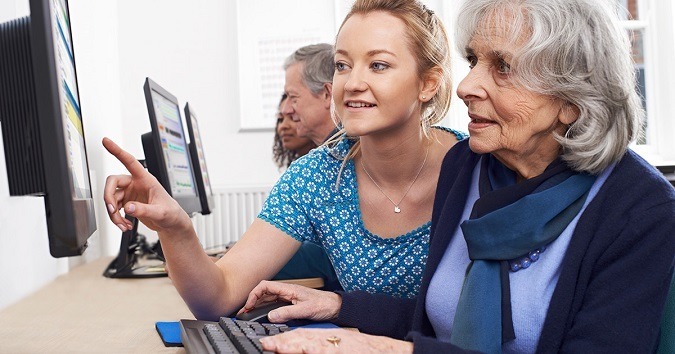Posts Tagged ‘Brain-Training’
The ultimate in transfer from brain training to real-world outcomes: Reducing the risk of at-fault accidents by almost 50%
___ Can you train your brain to drive longer into your golden years? (CTV News): “For the elderly, the loss of a driver’s licence could mean the end of independence and the beginning of a decline in health, with far-reaching consequences in their daily lives…New assistive driving technologies seem like an obvious solution in the years…
Read MoreNews you can use: To improve memory, exercise brain and body at the same time
___ Time for SharpBrains’ eNewsletter tracking the latest thinking, research and tools for brain health. This month we feature five fascinating interviews at the frontier of applied neuroscience and a recent study suggesting that “Performing memory training exercises at the same time as pedaling a stationary bike led to better gains in memory than doing…
Read MoreNHS Choices helps improve brain health and science literacy by reporting findings in context — as seen in this brain training & schizophrenia example
___ Video game-based ‘brain training’ may help people with schizophrenia (NHS Choices): “People with schizophrenia can be trained by playing a video game to control the part of the brain linked to verbal hallucinations,” BBC News reports
Read MoreOhio Opioid Technology Challenge funds program testing neurofeedback-based brain training to reduce cravings and battle opioid addiction
_______ Battling Addiction With Brainpower (University of Dayton press release): “The University of Dayton Research Institute has won a $10,000 Ohio Opioid Technology Challenge award for a program that will teach people with opioid addictions how to reduce their cravings by regaining control of their brains. “Using neurofeedback, we’ll work with our volunteers to help…
Read MoreUpdate: Why monitoring Typing Cadence may help detect early Parkinson’s and Alzheimer’s Disease
_____ Time for SharpBrains’ first eNewsletter in 2018, offering a fascinating sneek peek into the rapidly growing toolkit to measure and improve brain health. (And don’t miss the fun teaser at the end!) New thinking: Brainnovations Winner Jan Samzelius on why monitoring Typing Cadence may help detect early Parkinson’s and Alzheimer’s Disease Firms Race to Find…
Read MoreWith pharma exiting Alzheimer’s research, new hope (and urgency) seen in the combination of brain training and transcranial direct current stimulation (tDCS)
___ What does the future hold for the war on Alzheimer’s? (The Globe and Mail): “After spending huge sums on clinical trails in recent years, the pharmaceutical industry has failed to find a drug that can halt the mind-robbing disease. And this month, Pfizer announced it is ending its Alzheimer’s research, although other companies haven’t thrown…
Read More
